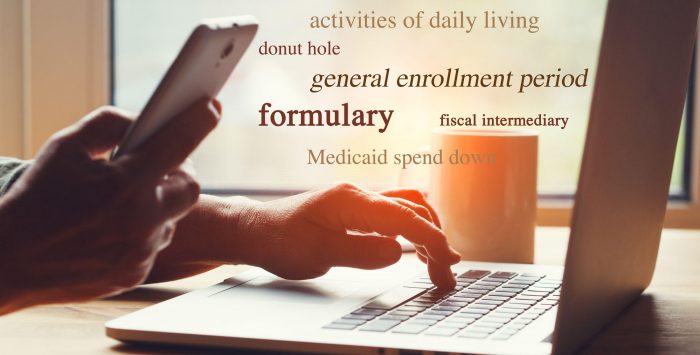What is Supplemental Security Income (SSI)?
Supplemental Security Income (SSI) is a federal cash assistance program for Americans who are 65 or older, blind or disabled, and have low incomes and resources. SSI replaced various state-run “adult assistance” programs that had supported those individuals. It provides assistance to applicants who are not eligible for Social Security, or whose Social Security benefit is not high enough to provide for basic needs.
In 2020, the SSI program’s income limit is $783 a month for individuals and $1,175 a month for spouses. Enrollees receive cash payments that can increase their monthly incomes up to this limit, which is set at 74 percent of the federal poverty level. SSI also has an asset limit – which is $2,000 for singles and $3,000 for married couples.
Applicants who are 18 or older and seeking benefits based on a disability must have a physical or mental impairment that has lasted (or is expected to last) at least 12 months – or will result in death. The condition must prevent them from having a job where they would earn more than $1,000 in a month.
The SSI payment level is called the “federal benefit rate” – and is adjusted each year if the cost of living changes. But SSI’s asset limits haven’t changed since the program took effect in 1973.
Some states supplement SSI’s benefits with an additional payment each month.
SSI’s payment is reduced – often dollar for dollar – based on other income an enrollee receives. For example, a single individual with a $400 monthly Social Security benefit would receive another $383 each month from SSI – so their total monthly income reaches the $783 federal benefit rate.
When an SSI enrollee enters a nursing home – or another facility where Medicaid or private insurance pays for more than half their needs – their monthly benefit is reduced to $30.
If an enrollee lives in the home of another person and doesn’t pay for lodging, their SSI payment is reduced by one-third. (This is an alternative to counting the housing as income.) Enrollees subject to this reduction can receive unlimited food and shelter-related support from the person providing lodging without it being considered income. But that support would be counted as income if it is received from somebody else – and is always counted when enrollees live by themselves.
The source of income matters when determining an applicant’s SSI eligibility and payment amount. Income that is “unearned” – such as Social Security or pension benefits – is counted dollar for dollar, but slightly less than half of income from employment is counted.
This page explains how different types of income are counted for SSI recipients.



